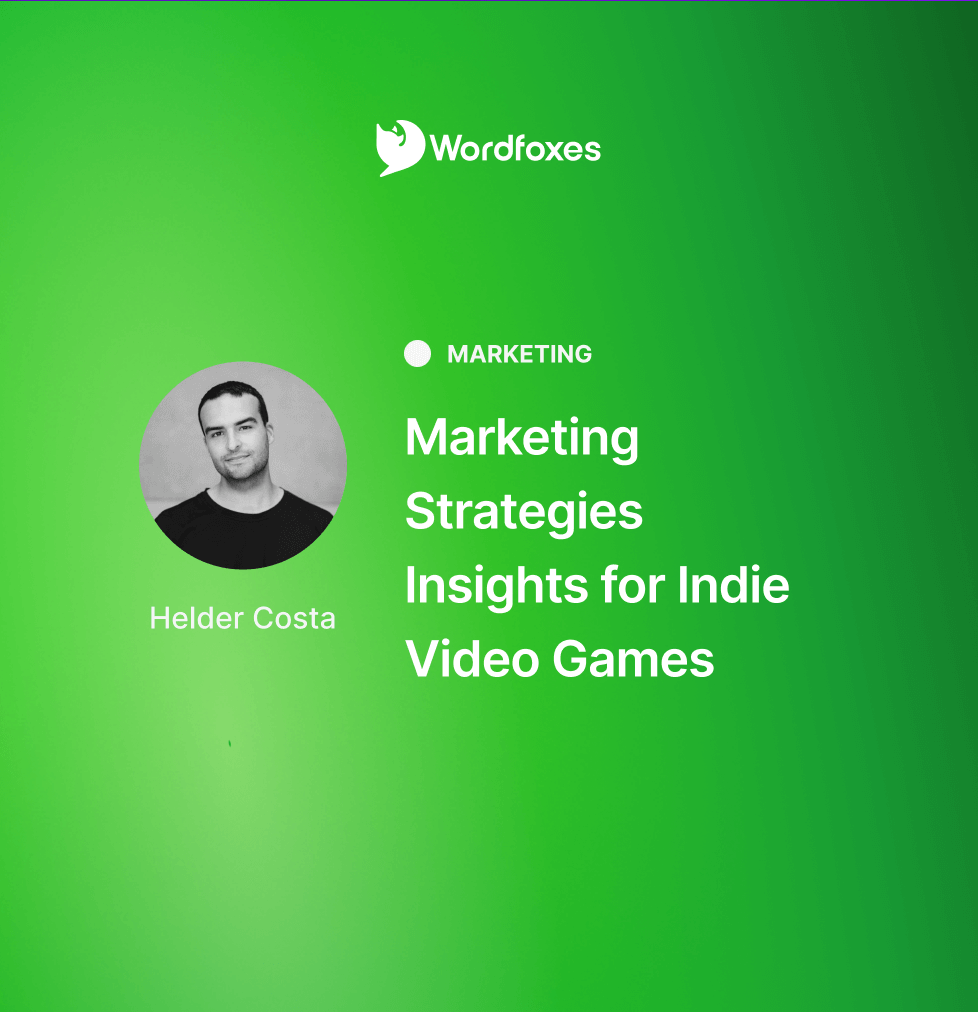When to start promoting your game
Hey there! This article shares valuable marketing tips for aspiring game developers. Whether you’re an experienced developer or a beginner seeking to avoid common clichés and mistakes, this content is for you.
Before we get into details, let’s dispel the myth that you should only start marketing your game after release. Most game sales occur within the first few weeks or days post-release, making early marketing is crucial for success. Instead of waiting for the ‘perfect’ moment, we advise you to follow one general rule:
Start your marketing campaign when you already have a tangible representation of your game.
This could be core aspects, completed work stages, screenshots, or small demos that spike excitement. From that point on, you need to consistently demonstrate the progress of your game’s development.
Tip: While early marketing is beneficial, try to refrain from sharing unfinished game materials, especially during the programmatic design phase. Search engines like Google may not easily remove such images, leading to unwanted attention throughout your game’s development cycle.
Essential Steps for Effective Pre-Release Game Marketing
So, you’ve decided to start your marketing campaign. Hooray! Now, let’s dive into the next steps – we have some fundamental elements to cover.
Game Page
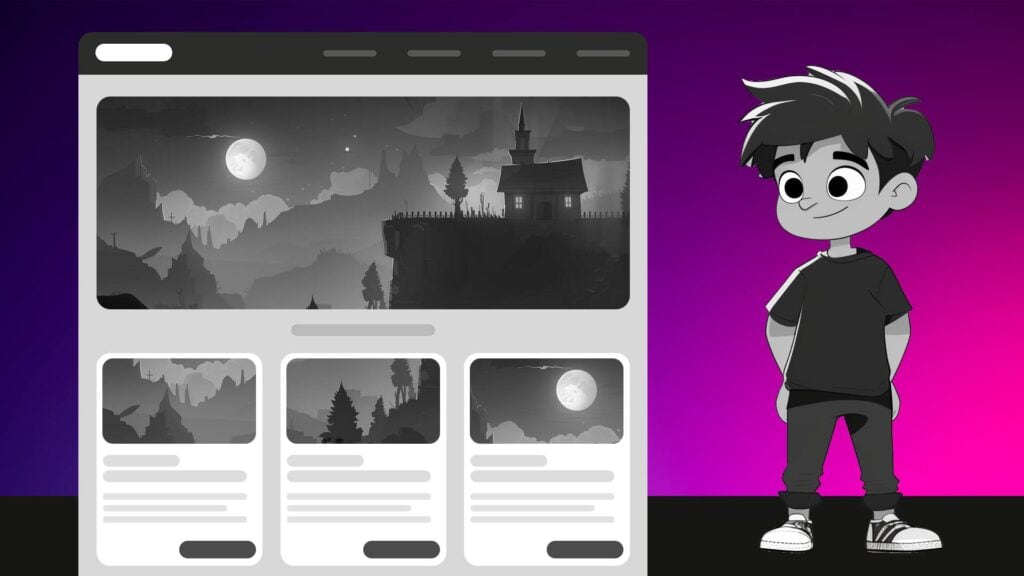
Create a user-friendly website that houses all relevant information about your game: key art, short description, trailer (if you have one), store links, genre, age rating, key characters, and screenshots. Try to avoid UI images and make the screenshots appealing – avoid the letterbox effect and don’t hesitate to ask a graphic designer to help with beautifying them. Now that your website has all that good stuff, make sure you optimize it for quick loading and prioritize mobile-friendly design.
Social Media
Twitter (formerly known as X)
Twitter is where you’ll find fans, gaming media journalists, and fellow devs, all in one cozy spot. Join conversations, share insightful replies, and post game updates during peak hours, when your followers are most active. For example, if you are based in Europe and are targeting also the US audience, the best time to post news is between 6 PM to 9 PM. That way you can take over both regions at once.
Power up your game updates with #gamedev, #indiegame, #indiedev and #ScreenshotSaturday. These hashtags are your new best friends—they’ll help you reach a wider gaming community and attract attention to your impressive development progress.
Subscribe only to people you are interested in reading. For example, indie game developers you like are a great choice to follow, as are indie game sites such as @itch.io, @indiegamesdevel, and @IndieDB.
Reddit & Facebook communities
Have you heard of these subreddits – r/IndieGaming, r/indiegame, and r/playmygame? If not, time to dive in and share about your project. Don’t be afraid of criticism, and look for constructive feedback. Facebook also hosts communities like ‘Indie Game Devs‘, where you can connect with fellow developers.
Whatever you do, don’t use ‘cheap’ words, and be authentic. For example, a post mentioning “Innovative RPG with cutting-edge gameplay mechanics and an epic storyline” lacks substance. This Reddit post is great for illustrating a good example of a genuine indie game dev post:
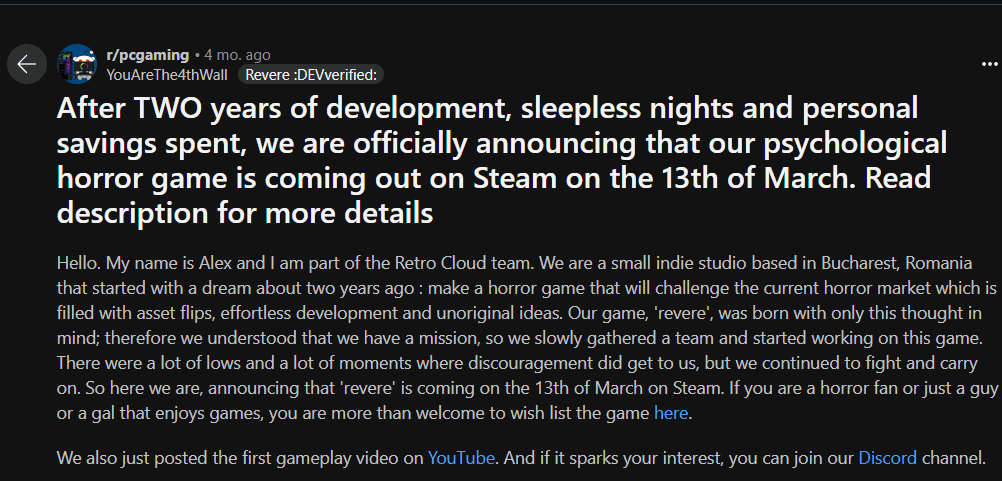
If you’re unsure what to say or find it cringey to write about your game, a well-crafted trailer can communicate effectively. Check out the example below to see how a compelling trailer can lead to over 1K reactions on Reddit.
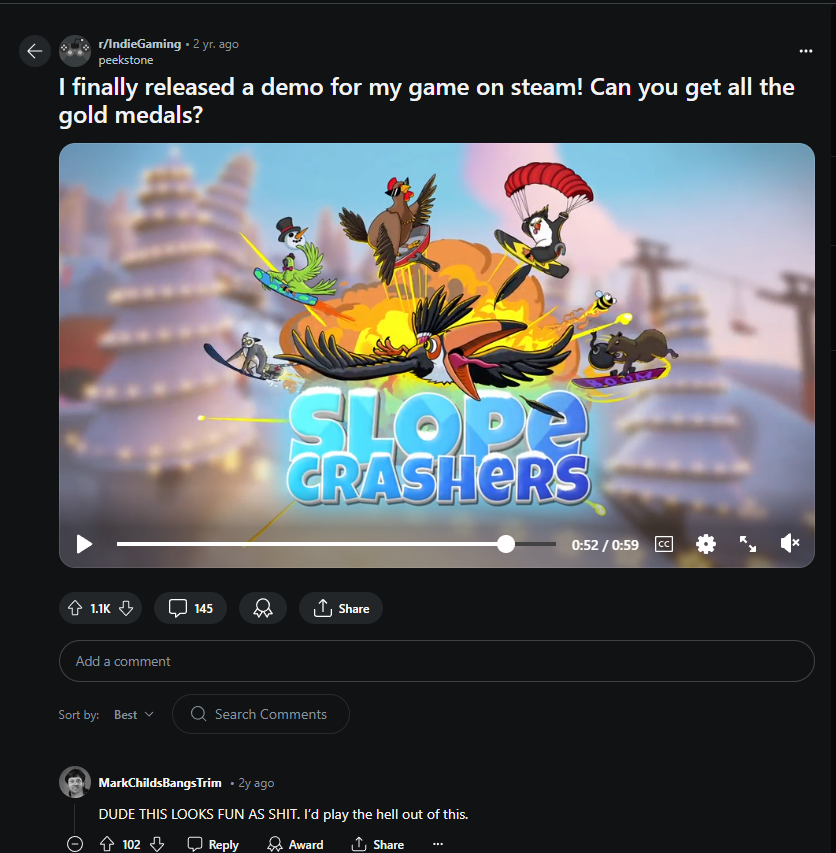
Developer’s Blog
A developer’s blog is a great way to connect with gamers and fellow developers, who love to read about the achievements and challenges of the game creation process.
Focus on blog posts that highlight major achievements and significant developments. Try to provide some behind-the-scenes look at the game’s evolution. You can even give away items related to your game, such as a signed artwork.
Avoid posts that describe minor bug fixes or other nitty-gritty details. The purpose of your blog is to demonstrate that the game is evolving. Consider joining Gamedev.net, a website created for game developers to freely exchange information, inspire each other, and connect throughout the industry.
Trailers
When making a trailer, focus on showcasing gameplay aspects, display your company name, and cut down on the use of animations. A teaser trailer should ideally be 30 seconds, while a launch trailer can range from 1 to 3 minutes. For AAA games and videos they release dozens of teasers, short and full-length trailers, and there it is justified. If you opt for multiple videos – you can easily ignore the previous rule and present one aspect of gameplay in each video. For example, in one trailer you can demonstrate battles, in another – the game world and story, and the third trailer is dedicated exclusively to the main character. Be sure to distribute them – it’s the best way to build hype.
Trade shows and gaming events
Despite the reinforced myth that game developers are vampires who live in dark basements, going out and attending events is one of the smartest ways to promote your game.
Attend industry events like PAX, Gamescom, TGS, and more. If you are on a tight budget (you’re an indie dev, after all), consider submitting your game for Indie Mega Booth, Pax Rising Showcase, or Gamescom Indie Arena Booth. And when you’re there, make the most of your booth: showcase playable demos, hand out printed brochures and promotional items, share press kits, invite people to join your Discord server, and encourage them to wishlist your project on Steam. It’s all about networking and getting your game noticed by the right crowd. These platforms offer affordable, sometimes even free ways for indie developers to participate in expos and gain exposure.
Crowdsourcing
Crowdsourcing is usually seen as an opportunity to get a budget to create your game, but it also serves as a powerful marketing tool. By creating a compelling video and detailed project description, your game can attract thousands of visitors, even if it doesn’t receive direct support. Furthermore, participation on these platforms allows for networking with other developers, potentially leading to collaboration on various projects. For example, Kickstarter provides an avenue for both fundraising and building connections within the gaming community.
These platforms attract a huge number of journalists who actively monitor new projects and sometimes cover them without special requests. Keeping in touch with them as your game nears its release date will help you secure additional media coverage.
Maximizing Press Relationships
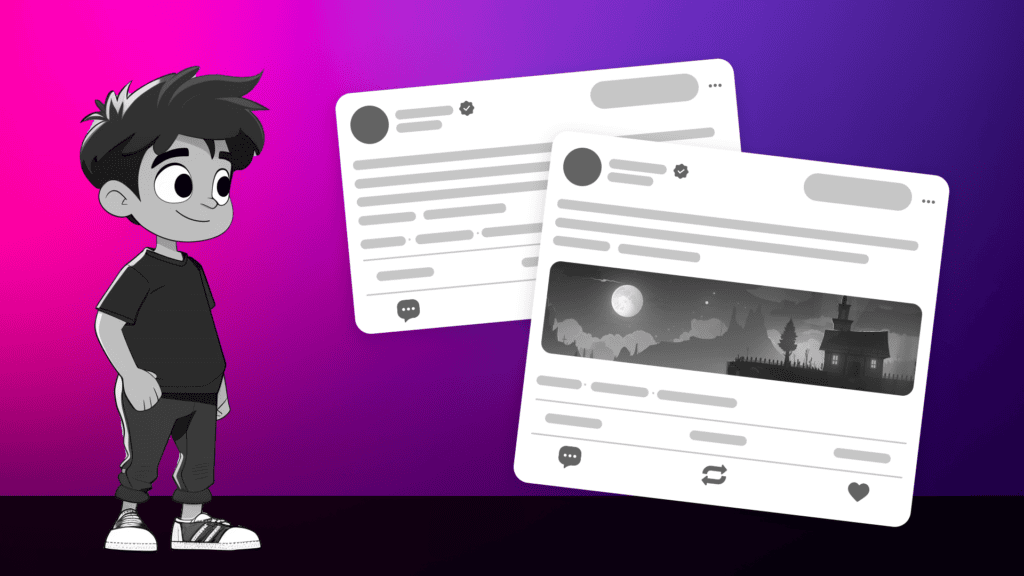
Release announcements in online media are a relatively inexpensive way to reach potential users. To speed up the promotion, we recommend making a press kit – a description of the product and its advantages, stored on Google Drive. The credibility of the publication can be indirectly assessed by the number of mentions in the indie game communities.
Working with the press is such a critical aspect of a successful marketing campaign that neglecting will put your game at a disadvantage. But just letting the press know about your game is not enough – you need to do it effectively.
We have prepared some tips for you.
Be realistic
Before reaching out to gaming community leaders, determine what you want to accomplish and tailor your approach based on the nature of your game. You probably won’t ask IGN to write about your Match-3 game, but you can reach out to smaller magazines instead, that write about indie or mobile projects. And if your game is already being covered by smaller publications, don’t stop there. Consider approaching bigger platforms like Kotaku, for example.
Choose the right websites
This is obvious, but let’s repeat it again: if you’re focused on mobile devices, avoid approaching PC-focused magazines. You might be surprised to learn how often developers make this mistake: writing in PC Gamer about their revolutionary new Android game, for example.
Be yourself
You’re not writing a cover letter, so act a little differently when talking to the press. Starting your letter with something like “[Company X] is proud to introduce you to an innovative game that has no analogs…” is boring and discouraging. Instead, tell them who you are, and what kind of game you made, and provide some links to media information about the game or a demo of it. Remember: journalists receive dozens of such pitches every day. So don’t get cocky, don’t be overly promotional, talk business and never, ever, ever talk about how much you like their site or publication. Nobody likes kiss-asses.
When communicating with the press via email:
Provide press representatives with working copies of your game. Do not force your opinion on them. You may think your game is fun, but let them form their own opinion. Point out what makes your game unique, and emphasize its distinctive features. This is usually where you talk about the mechanics of the game. For example, your game’s uniqueness is it can transfer Bonus Points to the next levels, which can be used to launch aggressive attacks when your hero is threatened. Is it revolutionary? No. But unique, yes.
Don’t wait. Reviews are unlikely to help you if they come out 3 weeks from the game’s release date. It’s best if your game is mentioned in the press a few weeks or even months before the release date, so request press coverage well in advance of the game’s release.
Conclusions
Marketing a game is just as vital as debugging and testing it. Without a well-planned and executed marketing strategy, you rely solely on those players who find out about you on their own. While winning prestigious contests or securing partnerships with big distributors or publishers can help, most developers cannot rely on these alone. Best of luck with your game marketing journey!
Images by Katrin Levinson, Lead Brand Designer
Anna Ott has been a passionate gamer since she was 10 years old, turning that love into a thriving marketing career spanning over 8 years in the gaming industry. She specializes in console and PC publishing, mobile games, and igaming, with a proven track record in global marketing campaigns, new product launches, and brand management. Her favorite games include Skyrim, Witcher 3, Cyberpunk, RDR2, and Hell Let Loose.

